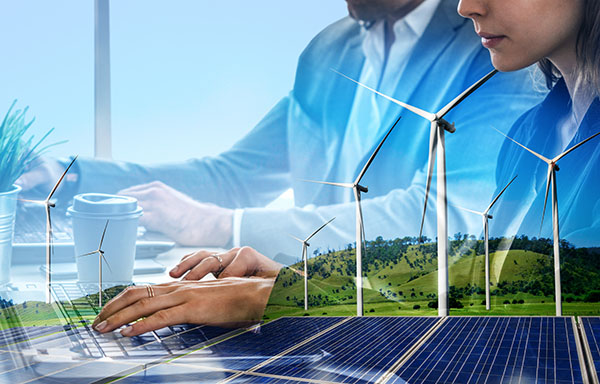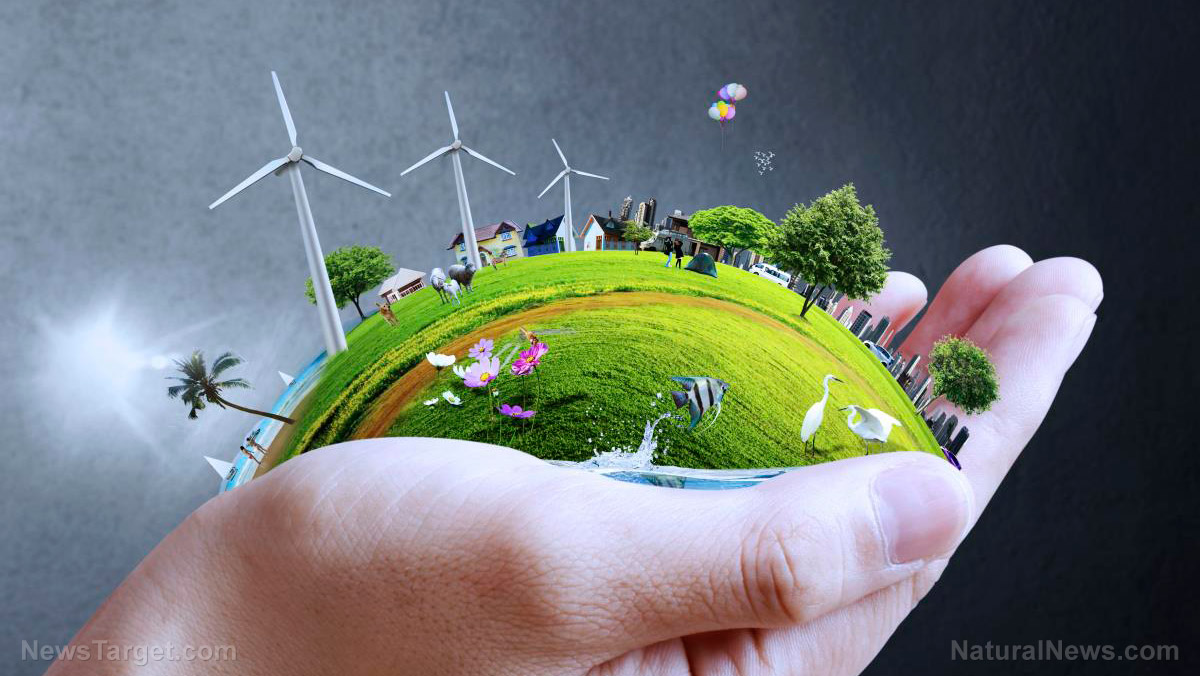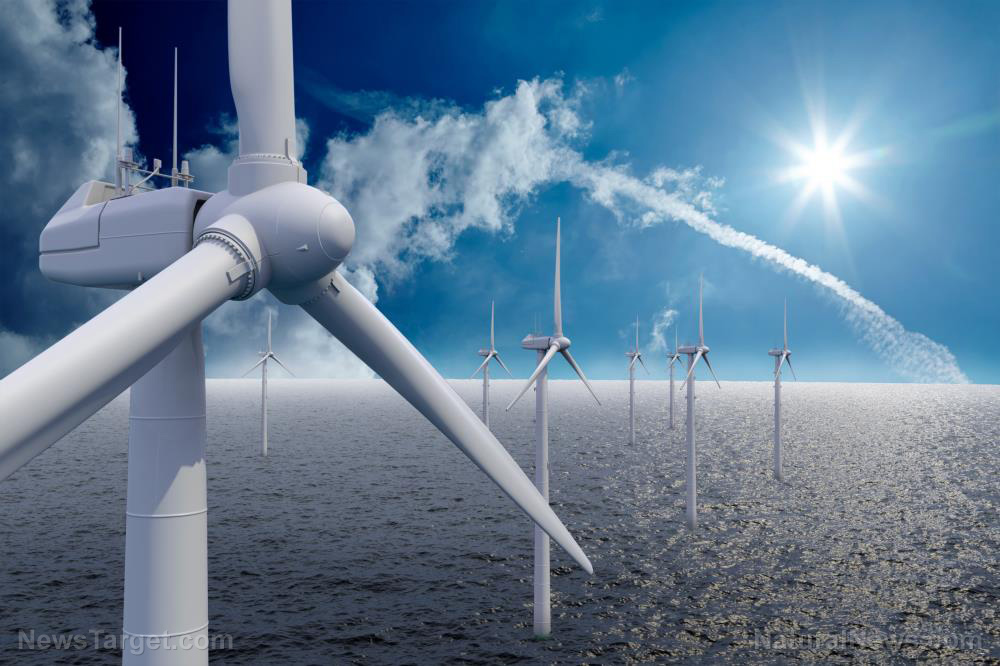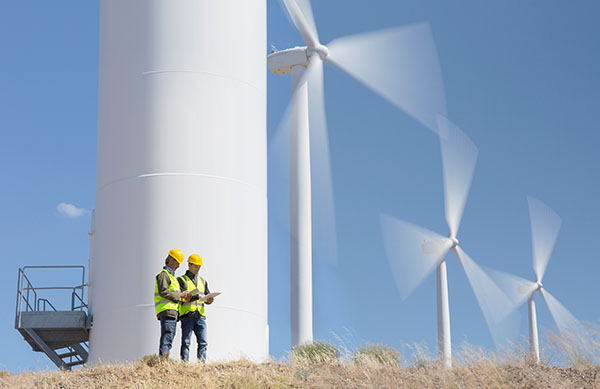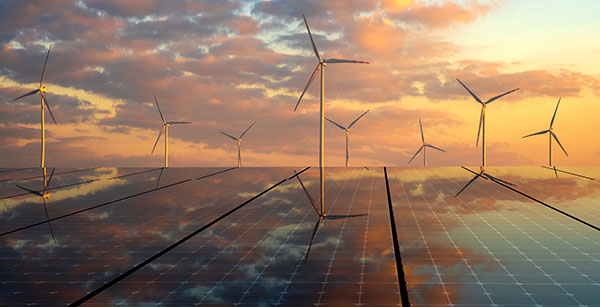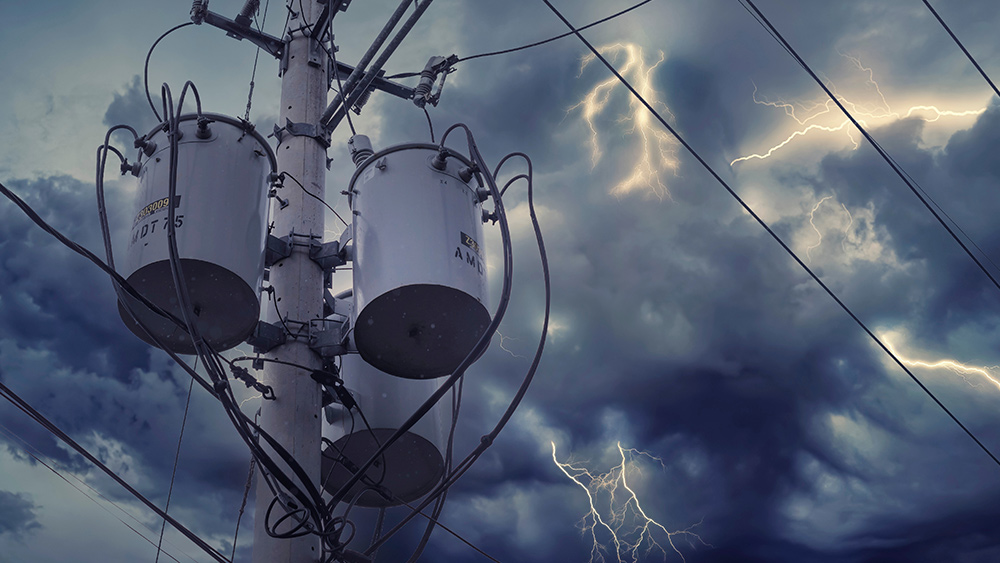Automakers slashing EV prices after government subsidies fail to prop up the industry
03/15/2023 / By Lance D Johnson

Automakers are currently slashing the prices of their electric vehicles (EVs) – but it’s not because the vehicles are getting cheaper to produce and it’s definitely not because of growing consumer demand. In fact, global EV sales took a dramatic nosedive in January of 2023, from China to various countries in Europe to the US.
Falling demand has forced automakers to slash prices and recoup losses. The auto industry can afford to take losses for now because they have enjoyed copious government subsidies over the past year. How far will government go to ram expensive batteries down our throats?
No serious demand for electric vehicles, even with government subsidies pushing them onto the global population
Rystad Energy research shows that only 672,000 units were sold in January, which is about half of the total EVs sold in December of 2022. The EV market share for all passenger cars fell from 23% in December 2022 to 14% in January. In the US, only 80,000 units were sold.
Governments are expected to meet net-zero emissions goals, in accordance with United Nation’s agreements on combating “climate change” through the complete elimination of fossil fuels. Governments around the world – from Europe to the US to China – have tried to prop up the EV industry using massive taxpayer funded subsidies. However, as some of these subsidies and tax credits are rolled back around the world, consumers have decided not to venture into the expensive EV market.
The United States government is continuing to incentivize EV purchases through tax credits offered in the “Inflation Reduction Act.” This obscure spending package incentivized automakers to produce more EVs, and this has led to an increase in both EV sales and market share, year on year. But the increases, year on year for the US EV market are only 3 percent, and American’s contribution to the global total is still relatively minimal. If it wasn’t for the Democrat’s market interference in 2022, which includes the huge subsidies in the “Inflation Reduction Act,” then the free market would have left EVs behind and the entire industry would have fallen flat in the US already.
EV market share cut in half around the globe
The Chinese Association of Automotive Manufacturers reported a 50 percent cut in EV sales from December to January. Consumers have shifted toward cheaper, domestic-made models, as subsidies end in China. The Association predicts a low first quarter, but projects another 8 million EV sales later in the year. The Association says this will be possible because they announced a price cut in battery cells for automotive offtakers.
In Europe, marginal year on year growth for EV sales did not meet expectations, even with the massive subsidies offered. Now that these EV subsidies are coming to an end, consumer demand is falling off rapidly. Tesla is already offering massive discounts in the first quarter of 2023 to offset the losses.
In Germany, sales dropped by one third from December to January. There were only 27,000 EV sales in January, and the market share for EVs fell drastically – from 55 percent of all car sales in December 2022 to just 15 percent in January. The trend was similar in the UK, with EVs accounting for 40 percent of the market share in December, before falling to 20 percent of the market share in January. In the Netherlands, EV market share fell from 50 percent to 24 percent in a month, right after the government’s subsidies ended.
It is quite evident that taxpayer-funded programs have artificially propped up the EV industry, and sales of EVs cannot hold up without market interference and socialism. But how far will nations go to force everyone to own an EV?
Sources include:
Submit a correction >>
Tagged Under:
automakers, climate, electric vehicles, environment, fossil fuels, free market, fuel supply, government debt, government subsidies, inflation, Inflation Reduction Act, market interference, money supply, net zero carbon, socialism, United Nations
This article may contain statements that reflect the opinion of the author
RECENT NEWS & ARTICLES
NewEnergyReport.com is a fact-based public education website published by New Energy Report Features, LLC.
All content copyright © 2018 by New Energy Report Features, LLC.
Contact Us with Tips or Corrections
All trademarks, registered trademarks and servicemarks mentioned on this site are the property of their respective owners.


